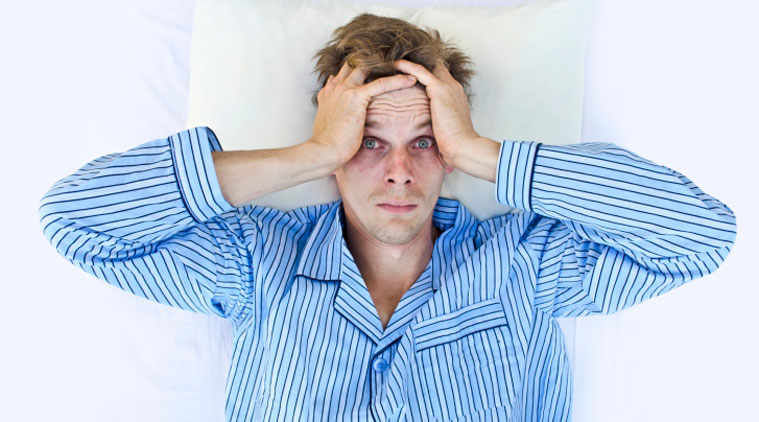
This is the first part in a series of blog posts to help you better understand the causes of anxiety. If you understand the causes of anxiety, then you can begin taking action to prevent severe anxiety from occurring. While I still utilize hypnosis on a regular basis to teach clients to control their thoughts and emotions, I also understand that taking concrete action to alter our lifestyle is helpful and important. Sometimes we need to use hypnosis to help initiate and reinforce these lifestyle changes. With that being said, I begin this series with the topic of sleep because it’s so important and foundational to our existence.
The Sleep / Stress Connection
If you’ve ever lost a night of sleep due to insomnia, then you’ve felt how many people with chronic anxiety feel on a regular basis. Those of us who are prone to higher states of arousal which lead to chronic anxiety will find ourselves struggling to get restful sleep. This creates a major problem, as lack of sleep can actually lead our body to respond more strongly to stress, thereby increasing our anxiety levels.
For years, psychologists knew from simply observing patients that anxiety, worry, and stress can cause a person to sleep poorly. It can lead to insomnia as worry causes thoughts to race and sleep comes later, isn’t as deep as usual, and is disrupted by frequent awakenings. This prevents deep REM sleep, which is necessary for good health and cognitive performance during our waking hours. A major study performed at UC Berkeley by psychologist Matt Walker, shed some light on the reverse: That lack of sleep can cause anxiety.
The study was structured to monitor the subjects in two different states: the well-rested state and the sleep deprived state. In the well-rested state, the subjects were monitored overnight to ensure they achieved a healthy depth and duration of sleep. In the sleep deprived state, the subjects were kept awake during the night. The subjects were then shown images on a screen the following morning which varied from neutral to disturbing in nature. Their brain was monitored with functional MRI. Walker found that the subjects responded very strongly, in a very anxious and worried manner, when they had insufficient sleep the night before. Most interestingly, the subjects who were seemingly predisposed to be more anxious in general, had the highest increase in the fear response out of all the participants. On the MRI scans, their amygdala was showing a huge amount of activity compared to their non-anxious counterparts. The amygdala is the part of our brain which is very active and responsive when we are in states of anxiety, fear, and panic. This shows us that the amygdala can be trained to become more responsive and active in response to stressful situations.
Prevent Stress & Anxiety: Get Better Sleep
We can help to put the brakes on our anxiety and reduce the strength of our anxious responses to stress simply by getting more sleep. This is very helpful as we can all put in some effort to help ourselves get to bed earlier and sleep better. This can make a real change on the impact that anxiety has on our bodies, as our brain will react differently to the stresses we encounter during the day when we are well rested.
So take this important step in helping your body, your brain, become more calm and relaxed so it can respond in a healthy way to stress. Get more sleep. Aim for at least six hours of uninterrupted sleep per night. Seven hours is even better.
If you suffer from insomnia or anxiety that prevents you from sleeping, consider seeking out a professional that can help you naturally get the sleep you need. Taking this concrete step can put your mind in a healthy state during the day when you need to function at your best and respond to stress in an assertive way. As demonstrated by the study above, good sleep can significantly decrease your anxiety levels.
Start going to bed earlier, put away the smart phones for an hour before bedtime, do some deep breathing exercises, and let me know how it goes for you in the comments section below.
-Mr. Banks